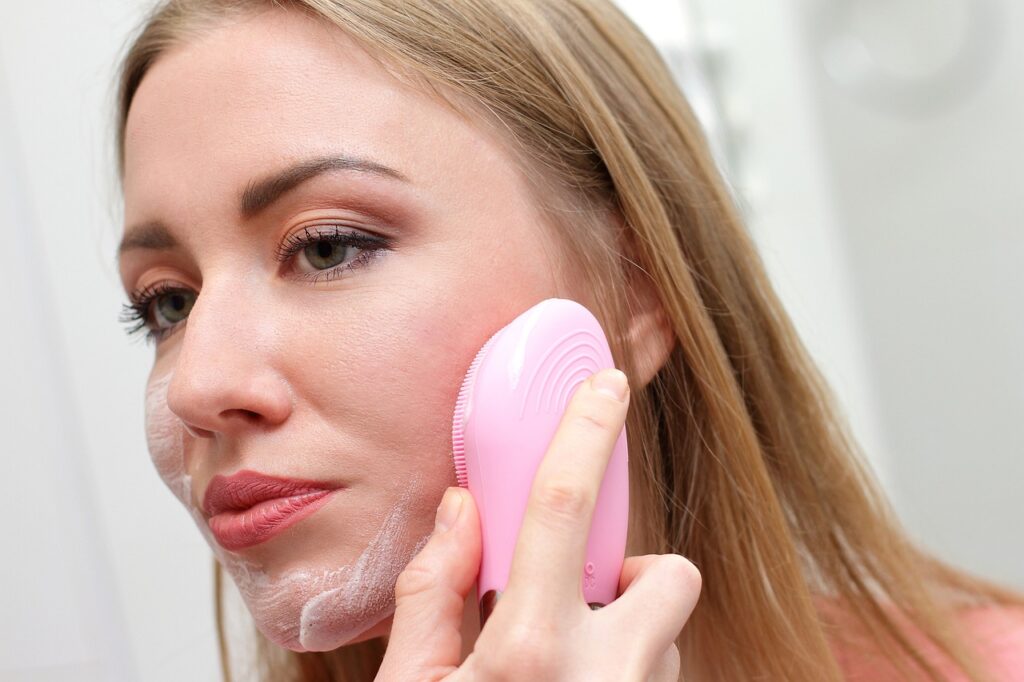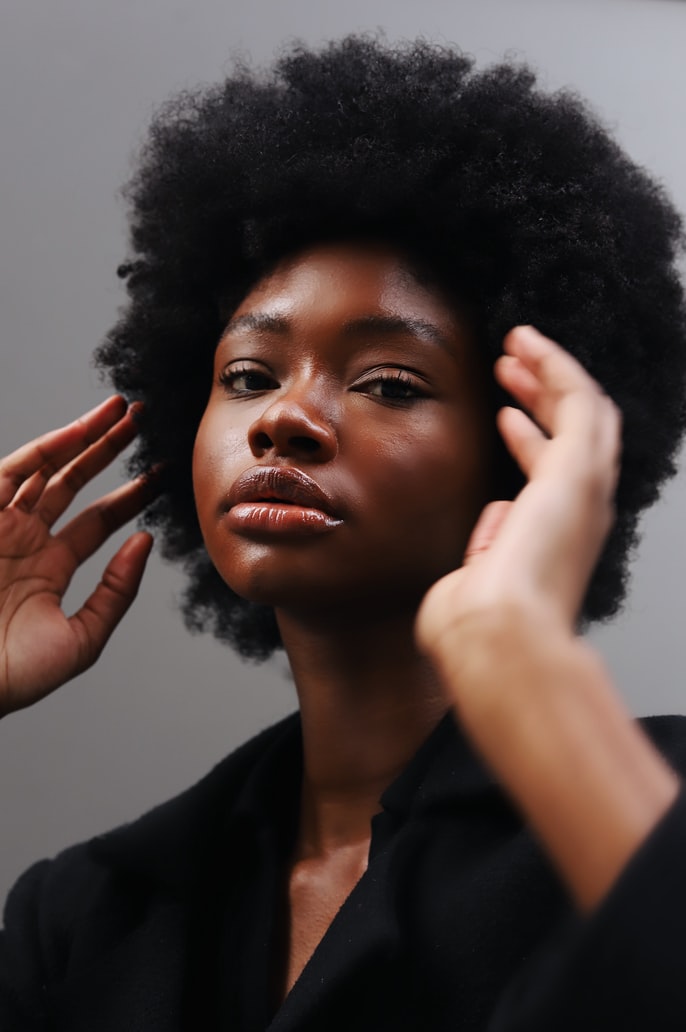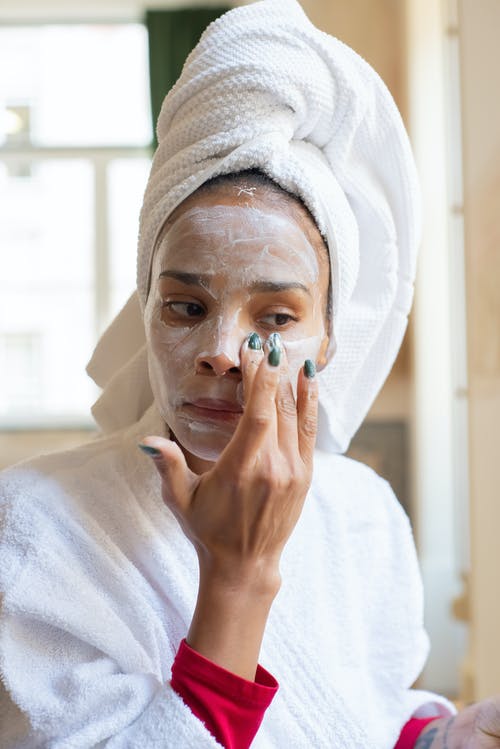Skin bleaching, the practice of using chemical substances to lighten the skin tone, is a contentious issue that sparks debates surrounding beauty standards, cultural pressures, and personal identity. While the practice has drawn criticism for its potential health risks and reinforcement of colorist attitudes, it’s essential to explore the multifaceted reasons behind why some women choose to bleach their skin.
Societal Beauty Standards: In many societies, there exists a deeply ingrained belief that lighter skin is synonymous with beauty, desirability, and success. This perception is often perpetuated by media, advertising, and popular culture, leading individuals, particularly women, to feel inadequate or marginalized if their skin tone does not align with these standards.

Cultural Influences
Cultural norms and traditions can significantly influence perceptions of beauty. In some cultures, lighter skin is associated with purity, affluence, or higher social status, leading individuals to resort to skin bleaching to conform to these ideals and gain societal acceptance.
Economic Opportunities
Tragically, in certain contexts, individuals believe that lighter skin can provide them with better economic prospects, including job opportunities, marriage prospects, or social advancement. This belief stems from systemic inequalities and discrimination based on skin color, pushing individuals to alter their appearance in hopes of improving their socioeconomic status.
Historical Legacy
The historical legacy of colonialism has left a lasting impact on beauty standards worldwide. In regions formerly colonized by European powers, lighter skin became associated with power, privilege, and superiority, while darker skin was stigmatized. This historical baggage continues to influence beauty ideals and contribute to the normalization of skin bleaching.
Peer Pressure and Social Influence
Peer pressure and social influence can also play a significant role in the decision to bleach skin. Women may feel pressured to conform to the beauty standards upheld by their peers, family members, or communities, fearing judgment, ostracization, or ridicule if they do not comply.
Personal Insecurities
Like any cosmetic alteration, skin bleaching can stem from personal insecurities and a desire to enhance one’s appearance. Individuals may perceive lighter skin as a means of boosting self-esteem, feeling more confident, or addressing perceived flaws, such as hyperpigmentation or uneven skin tone.
Misinformation and Lack of Education
In some cases, individuals may resort to skin bleaching due to misinformation or a lack of understanding about its potential risks and consequences. They may be unaware of the harmful effects of bleaching agents or falsely believe that bleaching products are safe and effective solutions for achieving desired beauty standards.
While these reasons shed light on the complex motivations behind skin bleaching, it’s crucial to emphasize the importance of promoting inclusive beauty standards, challenging colorist attitudes, and advocating for self-acceptance and diversity. Addressing the root causes of skin bleaching requires systemic change, including education, representation, and dismantling oppressive beauty norms that perpetuate harmful stereotypes based on skin color. Ultimately, every individual deserves to feel beautiful and valued, regardless of their skin tone.







